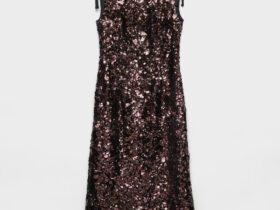No products in the cart.
Benefits of Eliminating Sugar from Your Diet

Sugar, caffeine, and sodium are all-natural ingredients that are found in a variety of foods. In moderation, they can be part of a healthy diet, but there’s a problem with all three: They can be highly addictive, harmful, and regularly added to packaged foods. In western countries, sugar addiction is an increasing problem that can complicate Type-2 diabetes and be a factor in obesity (when sugar is added to a product, it dramatically increases calories consumed). You may have heard people talking about eliminating sugar, but that’s nearly impossible—and not realistic for anyone besides people with type-1 diabetes. Instead, reducing sugar and avoiding added sugar is a much more realistic and healthy approach.
Many (if not all) packaged foods have some amount of added sugar. Even fruit cups are now being touted with “some added sugar.” Isn’t fruit sweet enough? The benefits of eliminating fake and added sugar from your diet are immense. Fake sugar, no matter the source, might trick your palate but it doesn’t’ trick your body. It reminds your brain that sweetness tastes good and will have you craving it more. This can be a slippery path that leads to binge eating and addiction to fake sugars (some of which studies have shown may be dangerous).
Eliminating added sugar reduces caloric intake and re-teaches your palate. You become more sensitive to natural, whole foods and can enjoy them more. However, this may require a sugar fast in order to really reap the benefits. Keeping sugar consumption, even in natural foods like fruits, to under 15 grams per day for one week can help kickstart your palate sensitivity. On day eight, you’ll likely enjoy the sweetness of a peach or an apple much more than before. After weeks of sticking to only sugar found in natural sources, you might find sugar bombs like cake are too sweet for your re-sensitized taste buds.
As an added bonus, you’ll also learn how to better read nutritional labels and seek out whole foods more often. The side effects of this? A healthier diet, more food knowledge, and you’ll model smart eating for those in your life.
About The Author: Trevor McDonald is a freelance writer and recovering addict & alcoholic who’s been clean and sober for over 5 years. Since his recovery began, he has enjoyed using his talent for words to help spread treatment resources, addiction awareness, and general health knowledge. In his free time, you can find him working with recovering addicts or outside enjoying about any type of fitness activity imaginable.
















1 Comment